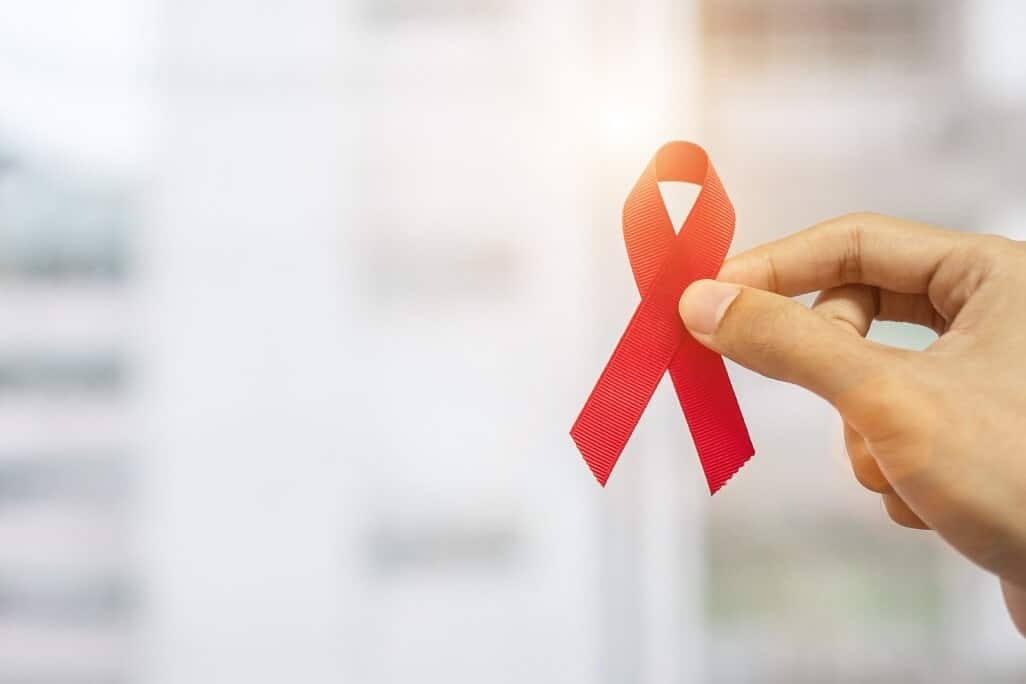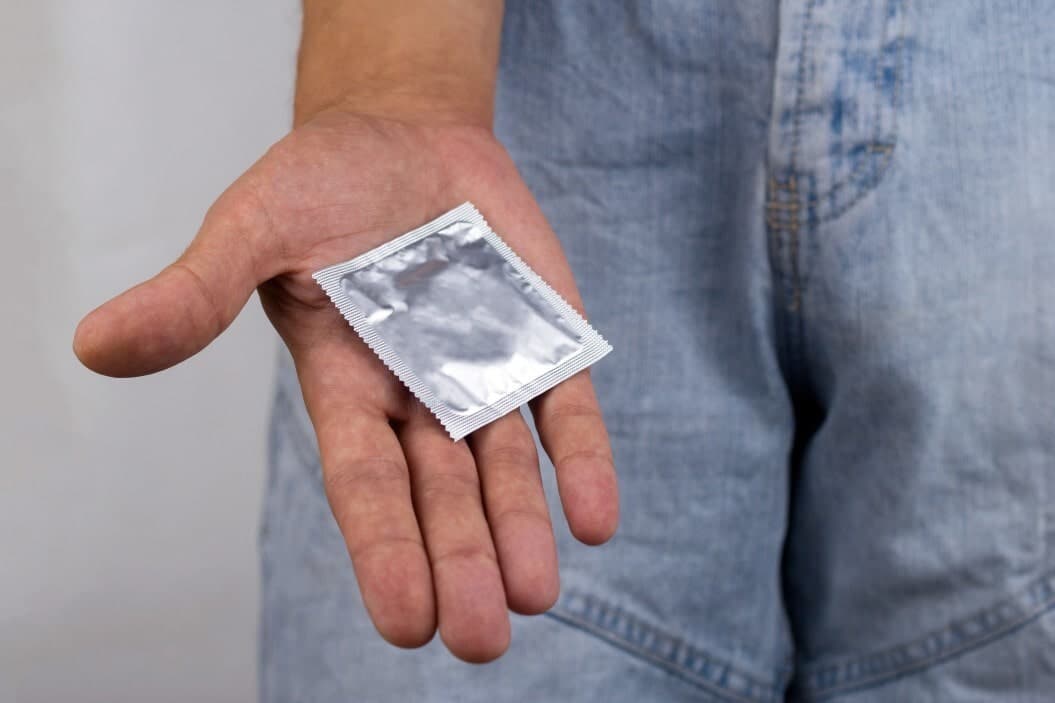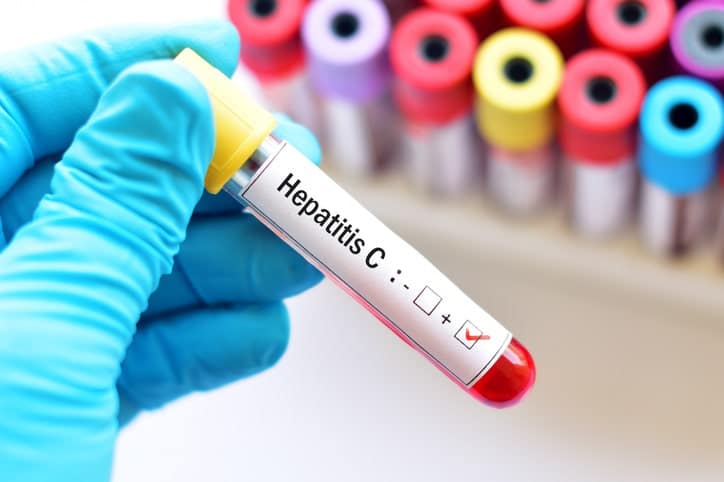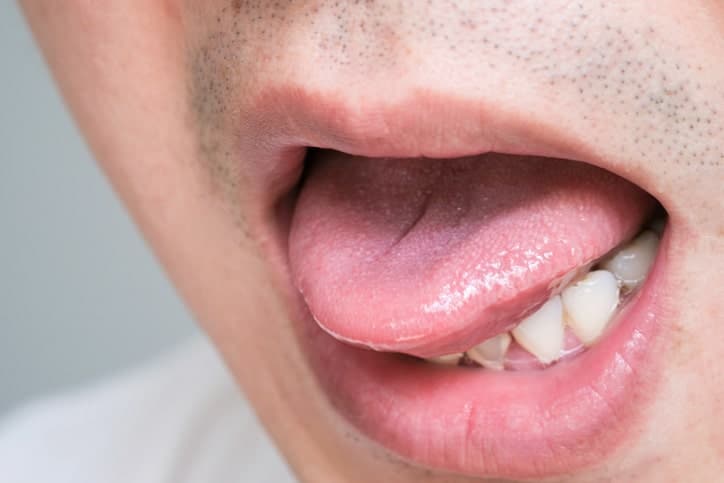Did you know that mycoplasma genitalium, though not talked about, is a more common STD than gonorrhea?
Mycoplasma genitalium is not one sexually transmitted disease you hear about often. In fact, few people even know this condition exists! But in this post, I am going to bring some awareness to Mycoplasma genitalium. The name is a mouthful so at times I will refer to this disease as MG.
Mycoplasma Genitalium can be pretty hard to diagnose and most of the time people who have it walk around like nothing's up. But even with no visible signs, infected people can still pass on the disease. Mycoplasma Genitalium is relatively new in the scene; it was only discovered in the 80s.
Not to be overly dramatic but according to recent research, MG can be even more common than gonorrhea.
Mycoplasma Genitalium is not to be taken lightly.
What causes Mycoplasma Genitalium?
MG is caused by a tiny slow-growing bacterium. What is interesting about this particular microorganism is that it does not have a cell wall which makes it pretty hard to detect in tests and even harder for some antibiotics to treat. MG usually attacks urinary and genital tract cells, so naturally sexual contact is the way it gets around.
What are the symptoms of Mycoplasma Genitalium?
A lot of the time Mycoplasma Genitalium is able to sneak below the radar. You can have it and feel totally fine but that does not make it any less dangerous.
Men who do develop symptoms may experience the following:
- Urethritis (painful, uncomfortable urination)
- Penile discharge
You may notice that other STDs have similar symptoms which makes it pretty hard to pinpoint. There is still a lot to learn about Mycoplasma Genitalium. Researchers are still working on putting together accurate information. But what we know so far is that swelling and pain in the epididymis or testicles are not yet linked to the disease.
Side note- Anal sex may lead to rectal symptoms but most of the time it's asymptomatic.
Is Mycoplasma Genitalium a common STD?
Even though few people know this STD by name, it is extremely common. The CDC put Mycoplasma Genitalium ahead of gonorrhea in numbers. However, chlamydia still remains as the most prevalent STD. MG is now being listed as a potential cause of male urethritis.
Here are some recent stats:
- MG is responsible for 15%-20% of non-gonococcal urethritis cases.
- MG is responsible for 30% of recurrent urethritis.
- MG is responsible for 20%-25% of non-chlamydial NGU.
Does mycoplasma genitalium lead to severe infections?
So, the jury is still out on that one. While it is thought that mycoplasma genitalium can lead to infertility in men and long-term health conditions, the research and science are just not there yet to make conclusive determinations. However, this does not mean that Mycoplasma Genitalium should be underestimated! You should definitely err on the side of caution when it comes to any STD.
How is mycoplasma genitalium diagnosed?
Diagnosing MG has not been without its challenges — as a doctor who frequently deals with STD testing in Singapore, I can affirm to that. One of the main reasons for this is that attempts to grow the bacterium in a lab have been unsuccessful.
The test currently used to diagnose mycoplasma genitalium is the NAAT or nucleic acid amplification test. The problem with this test is that it is not as widely available as we would like. The testing techniques for other STDs are more readily accessible.
Men need to provide a urine sample for testing. This is especially so for men who are struggling with recurrent urethritis symptoms even after they have been treated with antibiotics. There is research that suggests urethritis in men can be caused by Mycoplasma Genitalium. I encourage you to get tested since there is evidence that there are different strains. So, treatment may not be a straightforward matter.
What about treatment and how can I protect myself from mycoplasma genitalium?
MG is treated with antibiotics. However, there is the challenge that resistant strains present. So, your doctor has to treat you with the right antibiotic for the correct amount of time. He will discuss the most appropriate treatment option for your case.
When it comes to protecting yourself from MG, prevention is always better than cure. By just changing the way you engage in sex, you can decrease your risk significantly. These simple steps below can make a world of difference!
- Always use a latex condom during sex
- Find out from your partner/s if they have any STDs. I know that it's an awkward conversation but it's important.
- Make regular screening a part of your routine. This way you can know whether or not you have it early and seek the treatment you need.

What about reinfection after treatment?
Yes, you can be reinfected. Being treated does not mean that you can't contract Mycoplasma Genitalium again. It is very similar to other STDs in this regard. This is why your safety and prevention measures are extremely important to keep you safe from MG.
Can I give Mycoplasma genitalium to my sexual partner?
Yes, you can pass on MG through sexual contact. This can happen even if you don't have any symptoms.
Clinical stats show that 30% of men who test positive for Mycoplasma genitalium have female partners who are also positive. In the reverse scenario, where 50% of females are positive, their male partners are also positive. In guys who have male partners, 40% of their partners test positive for MG.
So, it's safe to say if you have MG, the likelihood of you sharing it with your partner is high. It will happen sooner or later.
Why is Mycoplasma genitalium so hard to treat?
Mycoplasma genitalium bacterium presents a problem for treatment because of its structure. It does not have a cell wall and most antibiotics work by destroying bacterial cell walls.
So naturally, that makes MG hard to beat.
Can I leave my MG untreated?
Treatment is always recommended. There is always the likelihood for an untreated infection to wreak havoc in your body. Mycoplasma genitalium can cause male infertility and while uncommon, the MG bacterium has been found in men who suffer from epididymis.
Even though Mycoplasma genitalium is a relatively new player, it should be taken seriously. You should seek medical assistance if you are experiencing any of the symptoms mentioned above. Or if you think you have been exposed. Treatment should always be your top priority.
References
- Horner PJ, Martin DH. J Infect Dis. 2017 Jul 15;216(suppl_2): S396-S405. doi: 10.1093/infdis/jix145. PMID: 28838074
- Jensen JS, Salado-Rasmussen K. Ugeskr Laeger. 2018 May 14;180(20):V01180038. PMID: 29798753
- Li WN, Shi L, Long XY, Li Y, Zhu WB, Liu G. Andrology. 2020 Jan;8(1):91-100. doi: 10.1111/andr.12646. Epub 2019 Jun 12. PMID: 31190451
This article was written and medically reviewed by Dr Ben, M.D on 03/06/2021

































